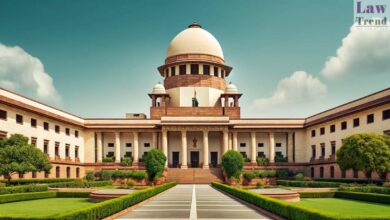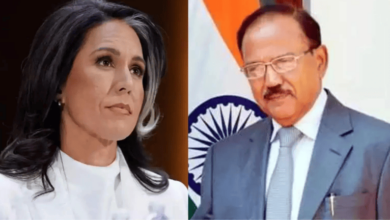
The Court emphasized that DNA tests should not be ordered routinely or mechanically but may be allowed in compelling circumstances where “access” is in question, ensuring the provision is not used liberally.
The Calcutta High Court has permitted an accused in a rape case to get himself subjected to a DNA test to prove his claim of “non-access\” wherein it ruled that when “non-access” is claimed, the accused has a right to seek evidence to support his claim and relied on the Supreme Court judgment in Dipanwita Roy vs Ronobroto Roy (2015).
The Court, before whom Justice Shampa Dutt (Paul) presided, directed the DNA test to be completed within 60 days, underlining that denying the accused this right would constitute an abuse of the process of law.
“The victim girl claims the child to be that of the petitioner. On the other hand, the petitioner denying the paternity of the child has claimed non-access to the relationship.”. Thus, when “non-access” is claimed in such a relationship, it is the right of the accused to have the same proved by way of evidence available/possible,” the Court noted
A case was lodged by the father of the victim, stating that his 17/18-year-old daughter was in a relationship with the applicant, during which she had conceived after he promised marriage. A case under Sections 376 (rape) and 420 (cheating) of the IPC was framed against the applicant.
The accused denied those allegations and the paternity of the child, asserting that he had no access to the victim during the relevant period. The accused argued that a DNA test was important to prove his defence of “non-access” and also to negate the claim made by the victim that the child was his. The accused further supported his argument, mentioning inconsistencies in the victim’s statements. She has admitted to a relationship with another person.
The prosecution, opposing the plea of the accused, argued that the DNA test would violate the privacy rights of the victim and her child. Further, it was argued that the allegations of rape and cheating were independent of the question of paternity.



